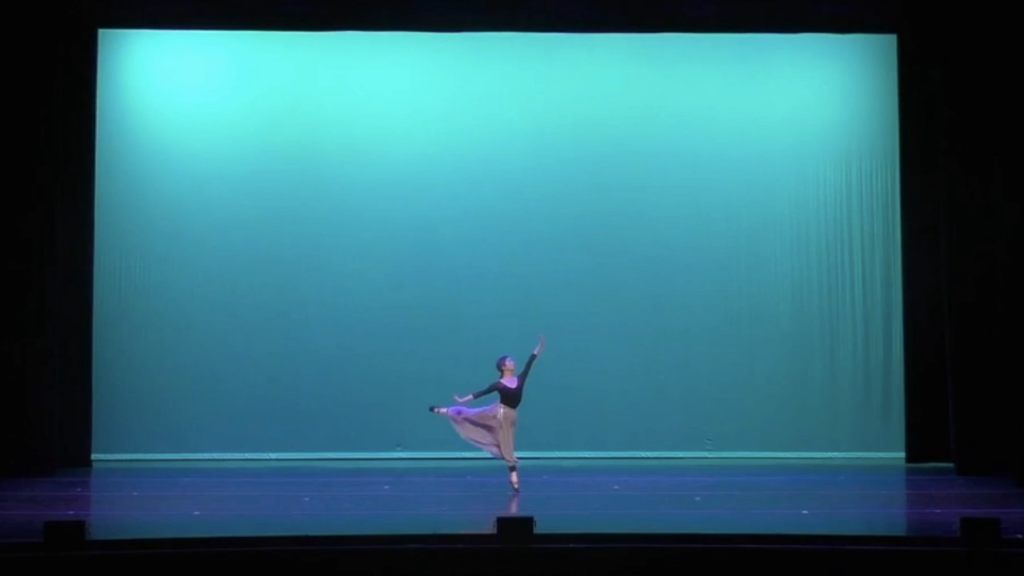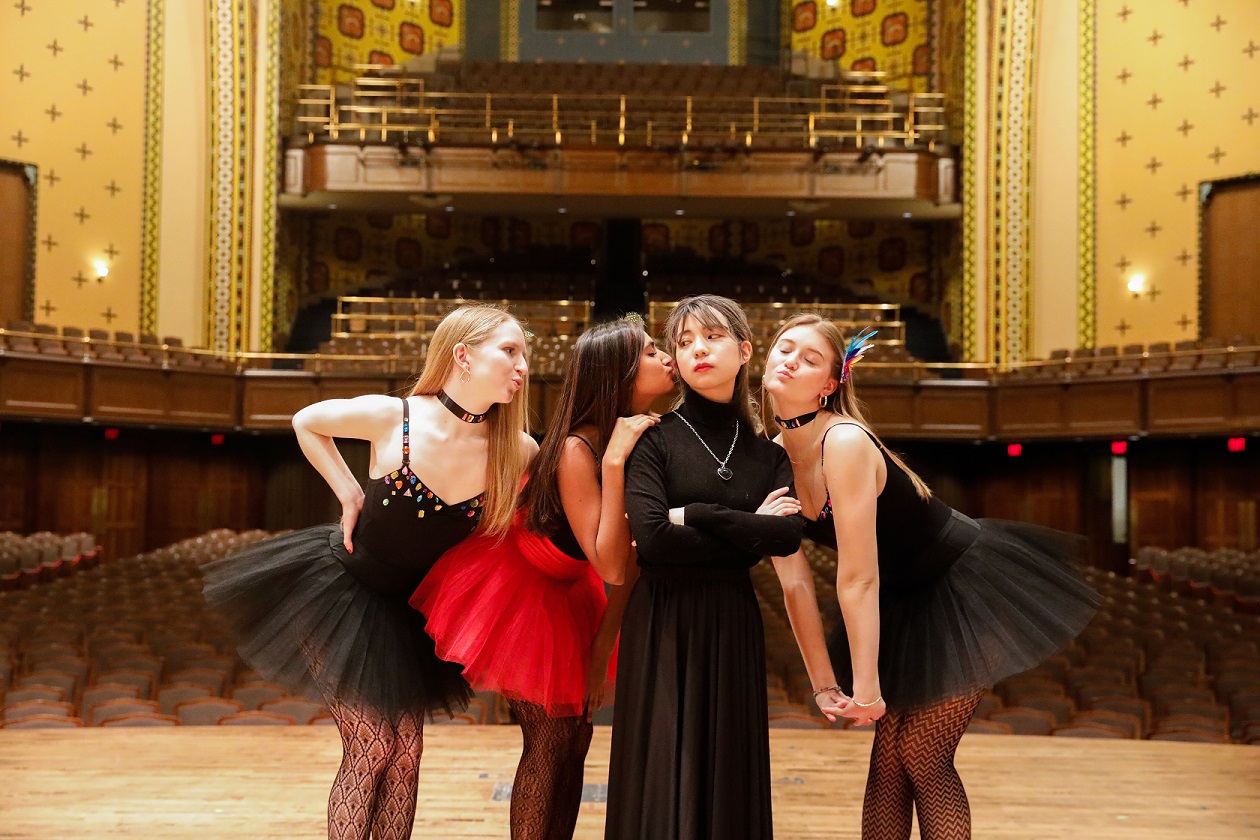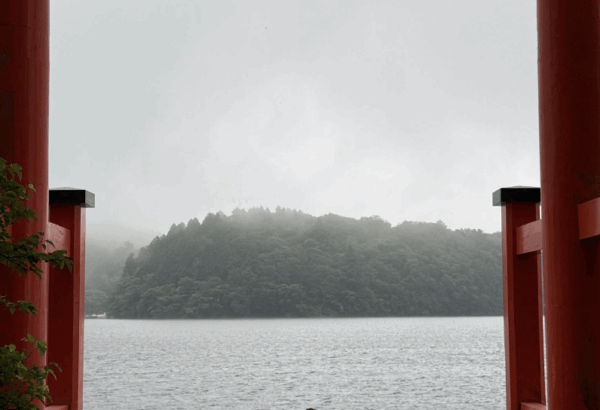Growing with the SNF Paideia Program
I was always someone with many interests, academic or otherwise. In the traditional context of higher education, personal pursuits that fall out of definable achievements tend to get dismissed. Throughout my four years in college, I found it challenging to resist this mindset.
However, I can say that I did not give up my other interests and ended up using them for the personal betterment of myself. In that, I do believe that the SNF Paideia program allowed me to be unconventional in a good way. The program takes the growth of the whole person to the next level, going beyond the traditional liberal arts or interdisciplinary learning. In this respect, I credit the Program with much of the personal growth I had while at Penn.
The Anguish of Being Free and a Pressured Rush for Resume
Being a student at an elite institution I found it difficult to structure my growth in a way that met my personal needs. The college experience comes with an anguish of making choices with identities and values that are still transforming. Belonging to a respected institution carries with it a high level of expectations that can at times be a pressure to students.
One aspect of the college experience that many students, including me, look forward to is the sense of having more freedom to choose what to do. Such freedom in choice is typically a celebrated thing, and is, undoubtedly, better than feeling coerced or that one’s choice is oppressed. However, freedom can be overwhelming. Jean-Paul Sartre said, “Man is condemned to be free; because once thrown into the world, he is responsible for everything he does.”[1]
I do not mean to prove his point nor do you need to endorse the exact quote, but there seems to be some sense of anguish that comes with being free, or at least that is how I felt. Making choices about an uncertain future including one’s career, what major to pursue, course of study, and even what to do over the summer, can be difficult and overwhelming. In the late teens to the early twenties where one’s identity and values are still changing and growing, we could feel the impact of uncertainty amplified.
Further, in an institution like Penn, there are pressures to achieve certain things that are valued generally by broader society. For example, I saw many peers working hard to get into well-established clubs and organizations, choosing majors based on what is in demand right now in the society or in the job market, and striving towards named leadership roles. While it is important for students to be responsible citizens and productive members of society, especially given the privileges and good fortune we have had, there are additional layers of expectation that students continue to excel and do something excellent.
The internal anguish of being free, and the external expectations, conjoined with peer pressure, feed the pressure to achieve and participate in activities just to build their resumes. This focus on the next goal is often times something the students and their families desire and, in those instances, resume-building is not necessarily a bad thing. However, it comes with a danger of dismissing something that takes longer than four years to achieve, or something that cannot be succinctly describable as an achievement.
Growing with the SNF Paideia Program
I did feel the pressure for resume building in many ways. I struggled with the feeling of not doing enough for where I wanted to get in the future. In addition, I also had a feeling that I was “all over the place” with too many interests.
Higher education encourages pursuits beyond the confines of a single discipline but doesn’t support changing direction too often, taking time to decide, or over-achieving to the detriment of deeper experience. While all of these qualities seemed very natural to me, my pursuit of many interests was often frowned upon as doing “too much” even when the activities were self-nourishing and provided balance.
The SNF Paideia Fellows program was a great personal aid to me during this struggle. The program allowed me to explore the incomplete sides of myself and helped me embrace myself as just who I am. The sophomore and junior fellows’ seminar gave me a space to experiment with my ideas on combining philosophy with theater (and I am not a theater major, despite having some experience in the field). The SNF Paideia designated course, Grit Lab, allowed me to rethink my priorities and what to put my effort into, regardless of societal expectations. Another SNF Paideia designated course, Is this Really Happening?, let me see the value of long-term art endeavors that can be combined with other professional pursuits.
Creating for the Sake of Creating
Because of the SNF Paideia Fellows Program, I learned to reconnect with my non-academic interests. Most of my pursuits fall into the category of arts, be it visual or performative. I learned to create for the sake of creating, and this allowed me to express things that I wouldn’t have been able to process otherwise.
The creating I do is in no way those that fit into definable achievements, or things that easily go onto my resume. (The following are photos are from some things I have done.) However, it did help me balance my day-to-day life by letting me use different parts of my mind. I needed it to be someone beyond a functioning member of society; I needed it to be mentally well and at peace.


These arts may lead me somewhere or they may not. It would be amazing if I could use them for some further good in the future to serve others, but I also do not put too much expectation on myself to turn the arts into achievements. Why?
It is because I think the creation and the sharing of art can be some service in and of itself, no matter how small the art is. It could serve others by allowing rich human interactions ungraspable with words or making space for them to explore other parts of their mind. Any audience serves me in acknowledging my presence in my art, by embracing who I happen to be now. I am immensely thankful to the SNF Paideia Program for unlocking my (re-)discovery of art. No matter where I end up going or what I end up doing professionally, I hope to cherish forever this personal growth I had in college.
[1] Jean-Paul Sartre, 1943, Being and Nothingness.




